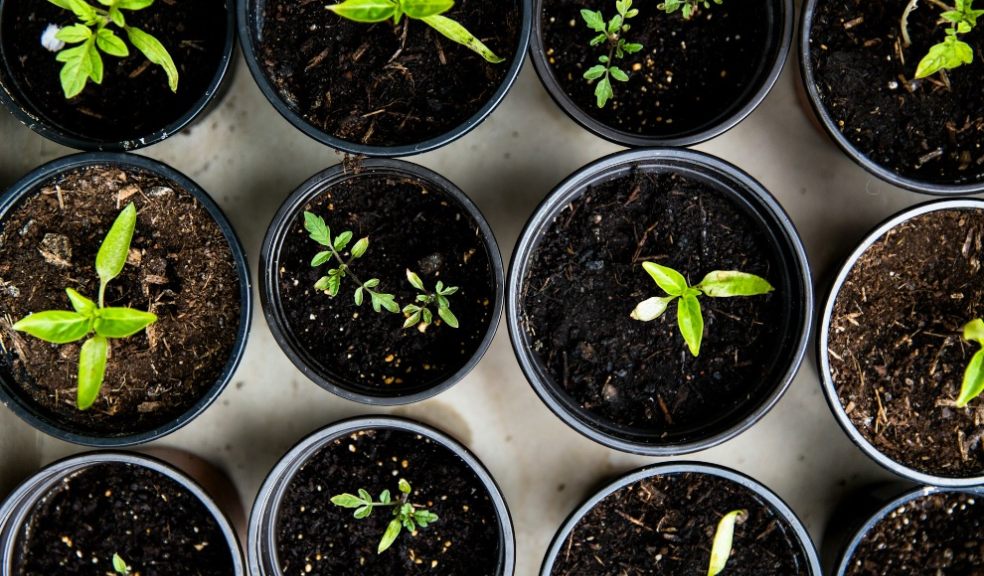
Cultivating a Future: Modern Techniques for Home Gardening
Home gardening has evolved significantly, with modern techniques making it easier and more efficient than ever before. Whether you're a seasoned gardener or just starting, embracing these innovative methods can help you cultivate a thriving garden.
This guide explores various contemporary gardening techniques to help you grow a bountiful and sustainable home garden.
Integrating Renewable Energy
One of the most effective ways to modernise your home garden is by incorporating renewable energy. Solar power is a sustainable option that can support various gardening needs.
Installing solar panels can help you power garden lights, water pumps, and other essential equipment. This not only reduces your carbon footprint but also lowers energy costs, making your garden both eco-friendly and cost-effective.
Vertical Gardening
Vertical gardening is a space-saving technique ideal for small gardens or urban settings. By growing plants upwards on trellises, walls, or vertical planters, you can maximise your gardening space.
This method is perfect for growing vegetables, herbs, and even flowers in limited areas. Vertical gardening also improves air circulation and reduces the risk of pests and diseases, leading to healthier plants.
Hydroponics
Hydroponics is a soil-less gardening method that allows plants to grow in nutrient-rich water solutions. This technique is highly efficient, using less water than traditional soil gardening and enabling faster plant growth.
Hydroponic systems can be set up indoors or outdoors, making them versatile for various gardening environments. Additionally, hydroponics eliminates soil-borne diseases and pests, resulting in healthier crops.
Companion Planting
Companion planting involves growing different plants together to benefit each other. Certain plants can enhance growth, repel pests, or improve flavour when grown alongside others.
For example, planting basil near tomatoes can enhance the flavour of the tomatoes and repel harmful insects. Companion planting promotes biodiversity and creates a more balanced and resilient garden ecosystem.
Smart Irrigation Systems
Efficient water management is crucial for a successful home garden. Smart irrigation systems use sensors and timers to deliver the right amount of water to your plants at the optimal times.
These systems help conserve water by preventing over-watering and ensuring plants receive consistent moisture. Integrating a smart irrigation system can save time and effort while promoting healthier plant growth.
Organic Pest Control
Maintaining a healthy garden without the use of harmful chemicals is essential for sustainability. Organic pest control methods include using natural predators, such as ladybirds and lacewings, to manage pest populations.
You can also use homemade sprays made from ingredients like neem oil, garlic, and soap to deter pests. Organic pest control protects your plants and the environment while ensuring a safe food supply.
Composting
Composting is an excellent way to recycle organic waste and enrich your garden soil. By composting kitchen scraps, yard waste, and other organic materials, you create a nutrient-rich soil amendment that improves soil structure and fertility.
Composting reduces the need for chemical fertilisers and promotes healthy plant growth. Setting up a compost bin or pile in your garden is an easy and effective way to practise sustainability.
Growing with Modern Methods
Adopting modern gardening techniques can transform your home garden into a productive and sustainable space. From integrating renewable energy and vertical gardening to using hydroponics and smart irrigation, these methods offer numerous benefits.
By exploring and implementing these innovative practices, you can cultivate a garden that not only thrives but also supports a greener future. Embrace the advancements in gardening to create a flourishing oasis in your own backyard.













